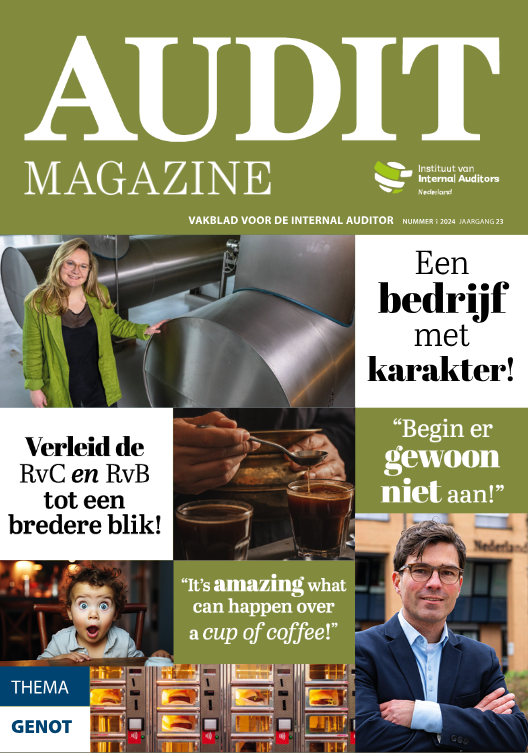EIOPA outlines key financial stability risks of the European insurance and pensions sector
The European Insurance and Occupational Pensions Authority (EIOPA) published its July 2020 Financial Stability Report of the (re)insurance and occupational pensions sectors in the European Economic Area.
During the last months, the Covid-19 outbreak further proved the importance of the Solvency II regulatory framework. The market-consistent and risk based approach helped insurers to better align capital to risk, build-up resilience and enhance the risk management practices, while the adjustments included for long-term guarantees allowed to partially mitigate market volatility caused by COVID-19. As of year-end 2019 the insurance sector had a solid and comfortable capital buffer (median SCR ratio of 213%) which helped insurers to withstand the initial severe market shocks experienced with the Covid-19 crisis. However, a high level of uncertainty on the magnitude of economic disruption increases downside risks going forward. The COVID-19 has further intensified the preexisiting challenges posed by the prolonged low yield environment, a fundamental risk for both insurance and pension sectors.
Moreover, the shock has also increased credit risk, challenging the asset side valuations of insurers and their solvency positions. There is also a significant concern that the forthcoming recession will negatively affect corporate sector profitability, resulting in rating downgrades, increased defaults and unemployment. Finally, a high interconnectedness of insurers with banks could further support spill-overs of mentioned risks from the real sector to insurers and pension funds.
Strains to demand and insurers’ underwriting profitability might take some time to unfold in parallel with the deterioration of the macroeconomic environment. In addition, some insurers run the risk of becoming involved in lengthy and costly legal battles in relation to claims occurred as a consequence of the lock down measures. Finally, confinement measures resulted in working from home arrangements, which in turn increased cyber risk and further highlighted the importance of a reliable cyber risk insurance market. All these factors might lead to materialisation of the risks on insurers’ balance sheet with a substantial lag and high uncertainties.
In the reinsurance sector, catastrophe activity in 2019 was benign with global insured losses below the average of the last ten years, supporting the increase of 22 percentage points to 240%, in the solvency ratio as compared to the last quarter of 2018. Investment and underwriting profitability remained broadly unchanged in 2019, but considerable pressure is expected from Covid-19 shock.
Finally, the COVID-19 crisis has also taken its toll on the financial situation of the European occupational pension fund sector. Institutions for Occupational Retirement Provision may be subject to funding and liquidity concerns due to suspended or lowered contributions from sponsors and members. Sponsoring undertakings in heavily affected sectors by the COVID-19 pandemic are expected to be in significant financial distress putting members of such pension funds at risk of unemployment in the near future. Sponsoring undertakings’ financial difficulties to maintain contributions, or in the worst case, sponsoring undertaking’ insolvency may test national pension protection schemes.
Gabriel Bernardino, Chairman of EIOPA said: ‘There is no doubt that the economy will experience a deep and unprecedented recession. The high uncertainty on the recovery path needs to be captured by an appropriate forward-looking risk assessment. In this respect, different recovery scenarios should be captured in the design of next year’s European Union-wide insurance stress test’.
This Financial Stability Report also includes two thematic articles, focusing on i) The EU sustainable finance taxonomy from the perspective of the insurance and reinsurance sector and ii) The impact of EIOPA statement on insurers’ dividends: Evidence from equity market.
Download the July 2020 Financial Stability Report







